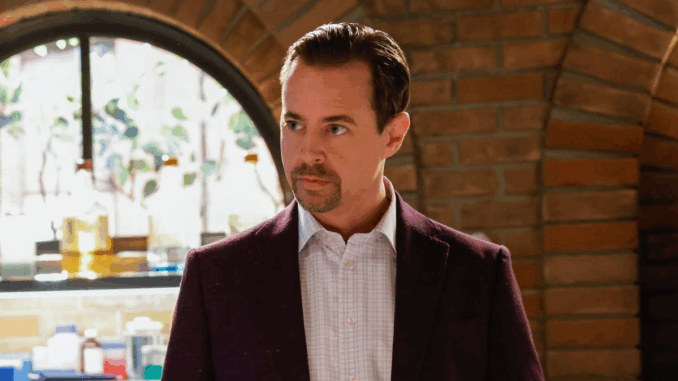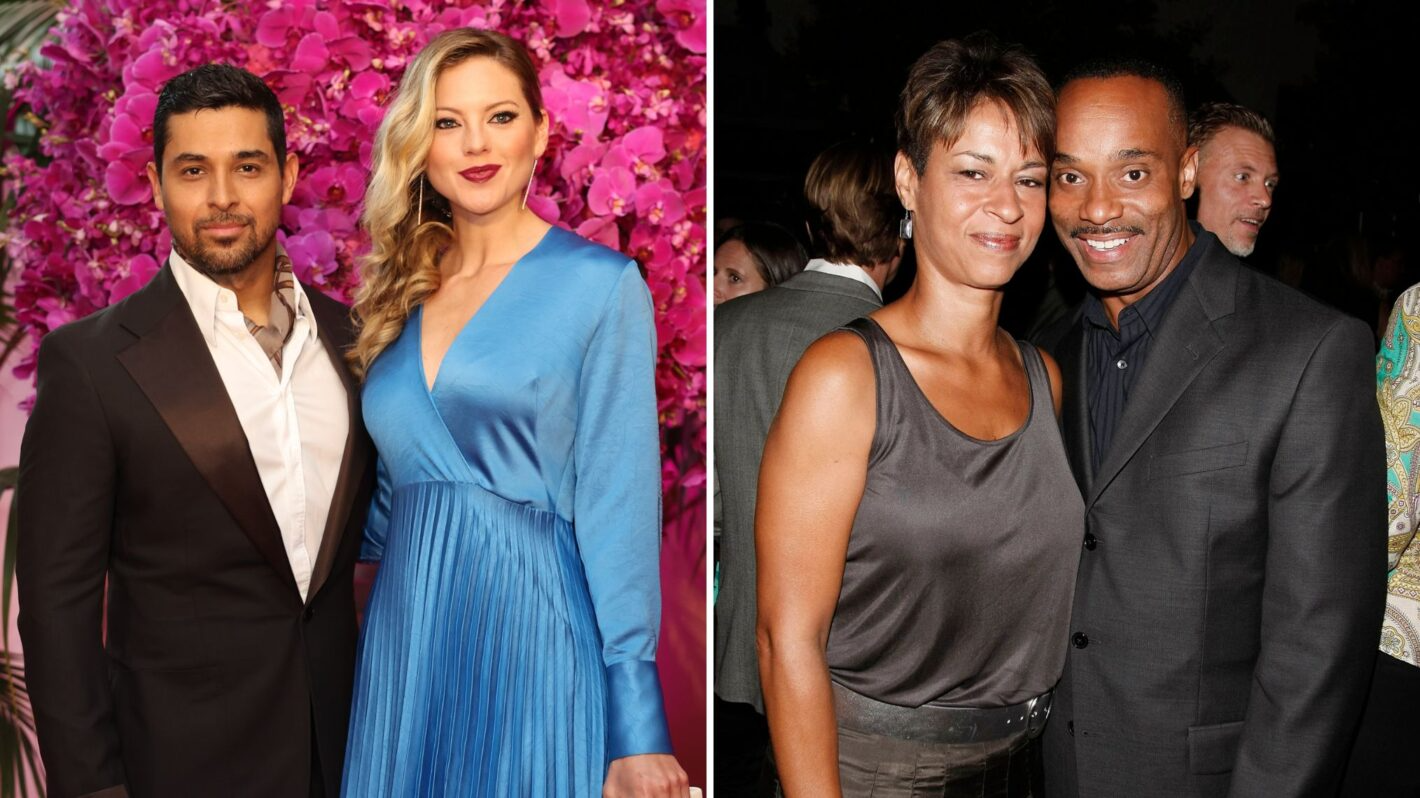
🕵️♂️ Introduction: A New Gibbs Emerges
What happens when you take one of television’s most iconic characters and rewind the clock? NCIS: Origins dares to answer that, and Austin Stowell steps up to the plate to play a younger, rawer, and more emotionally fragile Leroy Jethro Gibbs. But this isn’t the stoic, silver-haired leader we’re used to. This version of Gibbs is haunted, grieving, and on the brink—and Stowell isn’t just playing a part; he’s living it.
Taking the Torch from Mark Harmon
Harmon’s Gibbs vs. Stowell’s Gibbs – A Tale of Two Eras
Mark Harmon made Gibbs a legend—cool, calculating, and emotionally controlled. But Austin Stowell was never meant to imitate that version. Instead, he’s tasked with peeling back the layers and showing us how Gibbs became that hardened figure. It’s the kind of role that requires vulnerability, not imitation.
Why Austin Stowell Said He’ll “Never Be Comfortable” as Gibbs
The Weight of Legacy
Imagine stepping into the shoes of a character beloved by millions. That’s pressure. Stowell admits he won’t “ever” feel comfortable in this role—not because he isn’t up for the task, but because the emotional depth of early Gibbs is downright devastating. He’s a man trying not to drown in grief after losing his wife and daughter.
A Gibbs You’ve Never Seen Before
Broken, Angry, and Full of Pain
The prequel begins just after the tragic murder of Shannon and Kelly. This younger Gibbs is shattered, emotionally volatile, and sometimes dangerous. Gone are the trademark rules and silent strength—this Gibbs is still learning how to survive.
Crafting a Darker NCIS
Why ‘Origins’ Is Not Your Typical Spin-Off
Unlike its parent series, NCIS: Origins dives headfirst into darkness. It’s more psychological thriller than procedural drama. The stories are still crime-driven, but the heart of the series is Gibbs’ internal journey through rage, guilt, and self-destruction.
How the Writers Are Redefining the NCIS Universe
A Character-Driven Approach
The creators behind NCIS: Origins aren’t just trying to rehash old plots. They’re focused on emotional storytelling—each episode is a deep dive into who Gibbs is becoming, and what it costs him. The show peels back the myth and gives us the man.
Behind the Scenes with Austin Stowell
Preparation, Pressure, and Personal Connection
To portray this emotionally torn version of Gibbs, Stowell immersed himself in the NCIS world. But instead of mimicking Harmon, he focused on internalizing the pain. He also tapped into personal experiences with grief, making his performance more raw and real.
Mark Harmon’s Blessing and Guidance
Trust Yourself—A Message from the Original Gibbs
Mark Harmon didn’t just hand over the role. He gave Stowell a piece of advice that stuck: “Trust yourself.” Harmon didn’t dictate how to play Gibbs—he empowered Stowell to make it his own, offering wisdom instead of instructions.
Building the Foundation for a Legend
Rule #1—There Are No Rules Yet
We all know Gibbs’ famous rules. But in Origins, those don’t exist yet. Watching Stowell’s Gibbs evolve—learning how to handle betrayal, anger, and heartbreak—makes for a gripping origin story. Every scar, every choice, is a breadcrumb toward the man we’ll one day recognize.

Emotional Intensity Like Never Before
Living on the Edge of Breakdown
Stowell’s portrayal pulls no punches. His Gibbs isn’t okay—and that’s the point. Whether he’s screaming in silence or breaking down behind closed doors, his internal chaos gives the show its weight. The tension isn’t just in the crime scenes—it’s inside Gibbs himself.
The Gibbs You Know Was Forged in Fire
From Loss to Leadership
If Harmon’s Gibbs is the battle-hardened general, then Stowell’s version is the soldier bleeding out behind enemy lines. This is the origin of the toughness, the silence, the rules—it’s all being born out of trauma we’re just now seeing.
Why This Series Could Reshape the NCIS Brand
Emotional Grit Meets Franchise Evolution
NCIS: Origins is a gamble—and it’s working. By focusing on raw character development and mature storytelling, the prequel series has carved out a unique space that could evolve the entire NCIS universe.
Fan Reactions: Curious, Cautious, and Captivated
“This Isn’t My Gibbs… Yet”
Longtime fans were skeptical. A young Gibbs? Really? But now, many are hooked. Stowell’s vulnerability, the layered writing, and the tone shift are all earning praise—and even Harmon fans are leaning in.
Stowell’s Gibbs Could Speak to a New Generation
Gen Z and Millennials Are Watching
This Gibbs isn’t a rock—he’s a mirror. And younger viewers, who crave emotional authenticity, are finding a new kind of hero in him. He’s flawed, angry, and real—and that’s what makes him resonate today.
What’s Next for Gibbs in NCIS: Origins?
Expect More Pain Before Peace
The road to becoming Gibbs isn’t linear. Future episodes promise even more emotional chaos, moral dilemmas, and moments that push him to his limits. But through it all, we’ll see the birth of a legend—one scar at a time.
🏁 Conclusion: Redefining an Icon, One Episode at a Time
Austin Stowell isn’t just playing young Gibbs—he’s becoming him, layer by difficult layer. NCIS: Origins isn’t about nostalgia. It’s about transformation, trauma, and the moments that harden a man into the leader we all came to know. With a darker tone, powerful performances, and an emotionally rich narrative, this prequel doesn’t just expand the NCIS universe—it deepens it.
❓FAQs
1. Is Austin Stowell trying to imitate Mark Harmon’s Gibbs?
No. Stowell is intentionally carving his own version of Gibbs, focusing on the character’s emotional beginnings rather than duplicating Harmon’s performance.
2. How is NCIS: Origins different from the original NCIS series?
It’s darker, more character-driven, and centered around Gibbs’ personal trauma rather than just solving cases.
3. Did Mark Harmon help Austin Stowell prepare for the role?
Yes. Harmon gave Stowell his blessing and encouraged him to “trust yourself,” offering guidance without micromanaging.
4. What time period does NCIS: Origins take place in?
It’s set in the early years of Gibbs’ life in the military police, shortly after the tragic loss of his wife and daughter.
5. Is NCIS: Origins part of the official NCIS canon?
Yes. It’s a prequel that builds on Gibbs’ backstory and ties directly into the main NCIS timeline.